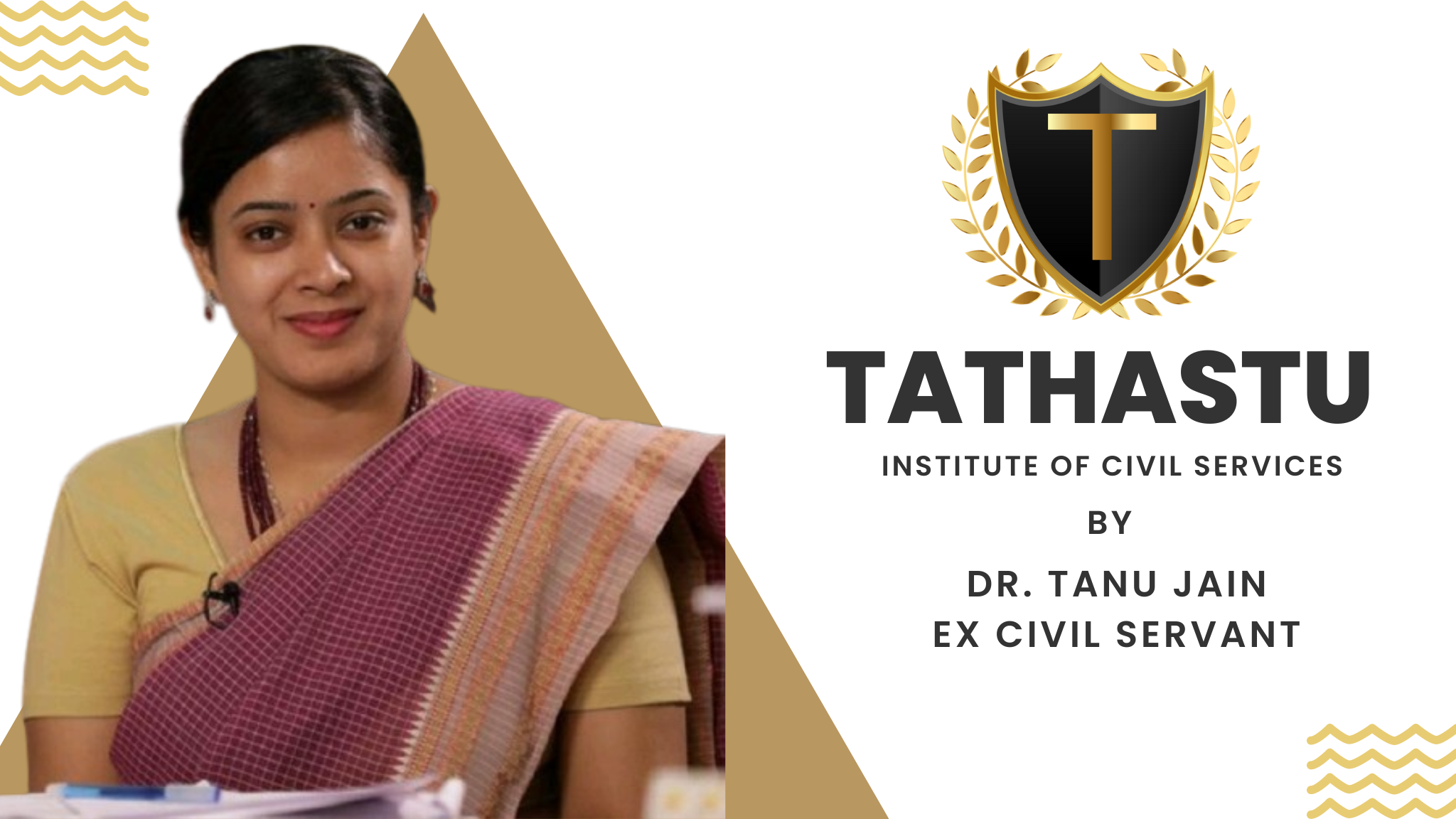For successful Civil Services Examination preparation, an effective long-term strategy must be carefully executed. In order to succeed at this competitive exam, it’s critical to gain an in-depth knowledge of the UPSC syllabus as well as take comprehensive notes across a wide array of subjects.
Selecting an optional subject that complements your abilities and offers maximum comfort during preparation is also crucial to the success of an exam. Make sure that it falls within your ability range while providing optimal ease during study sessions.
General Awareness
Aspirants looking to pass the UPSC exam should focus on reading newspapers daily and enrolling in reliable coaching, while creating comprehensive notes aligned with UPSC syllabus and prelims questions – this can aid revision strategies.
Selecting an optional subject that best matches one’s interests and aptitude can significantly boost one’s score on the Civil Services Exam and overall rank on its merit list. However, selecting an optional subject requires careful evaluation of interest, aptitude and available resources before making your selection decision.
Aspirants should make prioritizing solving previous year questions (PYQs) one of their top priorities as it will provide vital insight into what to expect on test day and can identify weak areas as well as strengths during preparation.
History
The Union Public Service Commission’s Civil Services Examination is one of the world’s most competitive exams, requiring candidates to develop and implement a systematic preparation strategy over time. Candidates must prepare both for written tests as well as interviews.
The Prelims exam consists of two papers with multiple-choice, objective-type questions that do not count toward final ranking; rather, their purpose is simply qualifying candidates for the main examination.
Tathastu ICS provides an effective preparation course for the Civil Services Examination by providing lectures and short notes that are clear and comprehensive. Their philosophy emphasizes taking an integrative approach to learning.
Geography
Geography is the study of Earth’s physical characteristics and inhabitants, including climate. Geographers aim to understand their spatial relationships as well as their impacts.
Geography offers more than simply learning dots on a map; it can offer unique understandings of both local and global realities, helping develop leadership abilities and foster greater diversity appreciation. Geography may even assist candidates taking the Civil Services Exam through Tathastu ICS’ mock interviews conducted under guidance by ex-bureaucrats to prepare them for its difficult Interview Round which holds 275 marks and determines their final rank.
Polity
The Civil Services Prelims exam’s polity and governance section tests your knowledge of the structure, features, major provisions and history of Indian constitutional history as well as issues surrounding power separation and devolution of authority. Therefore it is vital that you have an excellent grasp on these topics so you can respond swiftly and confidently when answering questions on these subjects.
Many first-timers mistakenly divide their exam preparation between prelims and mains stages, but an integrated strategy would be far more beneficial. Furthermore, questions in both stages tend to overlap – especially those related to optional subjects and Indian History; selecting an optional subject which best aligns with your interests can significantly boost both your score and rank in this competitive exam.
Economics
Economics is the study of what goods and services societies produce, how they are produced and for whom. Furthermore, economics looks at what determines wealth, poverty, growth, trade and investment.
Once candidates clear prelims, they must then prepare for UPSC Mains which consists of two language exams, five General Studies papers and two optional subjects. It is vital to devise and follow an effective preparation strategy in order to be successful on this exam.
Care should be taken when selecting an optional subject, taking into account its syllabus, time requirements and resources available for preparation. Receiving quality coaching services may assist this process by offering exam-like practice and expert guidance.
Science & Technology
Successfully passing the UPSC Civil Services Exam requires many skills. Aspirants should create and follow an organized preparation strategy. Furthermore, having an experienced mentor aid their preparation is invaluable and saves both time and stress in the long run.
After passing the prelims exam, candidates must undertake a two-part main examination that includes five essay papers and four general studies papers. Their final rank will depend upon both scores from these examinations as well as an interview, where mock interviews can give aspirants confidence during this round. A reliable Civil Services coaching institute may offer mock interviews that help build this confidence for future aspirants.
Environment & Ecology
UPSC exam aspirants should prepare well for their environment and ecology paper by studying up on topics like environmental degradation, biodiversity loss, climate change impacts and sustainable development. To be prepared adequately, aspirants should conduct extensive research in these areas.
Aspirants should read newspapers regularly in order to remain up-to-date with current affairs. Subscription to a reputable coaching institute can also help aspirants plan their preparation efficiently and devise an effective study strategy, including test series and mock exams that mimic the UPSC exam format closely – this will boost confidence among aspirants, giving them better odds of doing well in prelims exams, thus leading them to mains exams.
International Relations
International Relations, an essential element of the UPSC syllabus, examines global issues and events while testing candidates on how well they understand various international organizations’ roles in shaping global affairs.
Tathastu ICS, an esteemed institute for UPSC preparation, offers students personalized guidance from its experienced faculty members. Their knowledge is tailored specifically to the examination’s requirements; therefore guiding students effectively through all nuances of philosophy.
Their small class sizes provide personalized instruction, and offer an ideal setting for clarifying any confusion that may arise during doubt-clearing sessions. Furthermore, their comprehensive study material helps students gain a deep understanding of the subject matter so they can approach exams confidently and efficiently.

